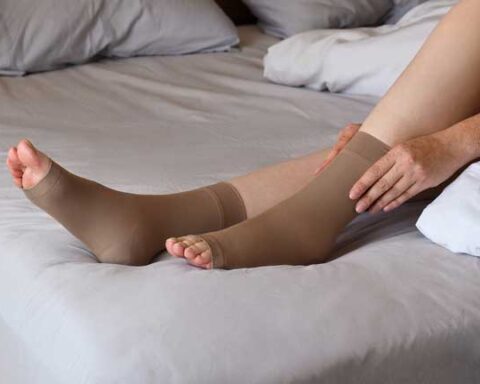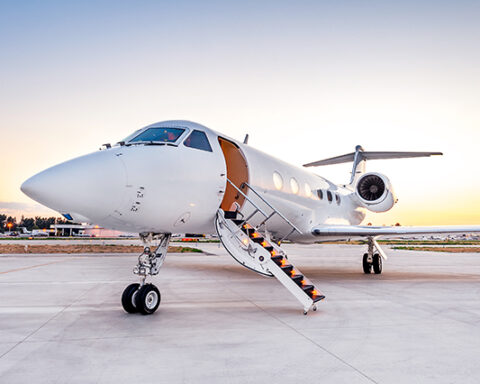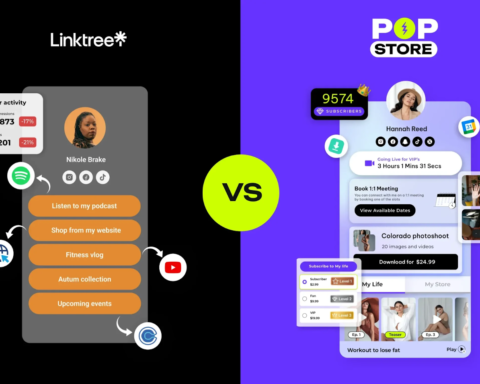Recovering from alcohol use disorder (AUD) presents numerous challenges, particularly when navigating social situations where alcohol is present. Social gatherings, parties, and even casual outings can become sources of anxiety for individuals in recovery. Developing strategies to handle these situations effectively is crucial for maintaining sobriety and ensuring the success of alcohol use disorder treatment.
Plan Ahead
Preparation is key to successfully managing social situations. Planning ahead can help you feel more in control and less anxious about potential triggers:
- Establish clear boundaries about what you are comfortable with. Communicate these boundaries to friends and family so they understand and respect your needs.
- Attend social events that are less likely to revolve around alcohol. Opt for gatherings where the focus is on activities rather than drinking.
Have a Support System
Having a strong support system is crucial for handling social situations during recovery:
- Attending events with a sober friend can provide a sense of security and accountability. Your friend can help you stay focused on your recovery goals.
- Stay in touch with your support network, whether it’s a sponsor, a therapist, or friends from a support group. Regular check-ins can provide encouragement and guidance.
- Pairing up with someone who understands your situation can make social events less daunting. They can offer support and help you navigate challenging moments.
Develop Coping Strategies
Having coping strategies in place can help you manage cravings and stay committed to your recovery:
- Rehearse polite but firm ways to decline offers of alcohol. Simple phrases like “I’m not drinking tonight” or “I’m driving” can be effective.
- Holding a non-alcoholic drink can help you feel more at ease and avoid questions about why you’re not drinking. Options like sparkling water, soda, or mocktails can be great alternatives.
- Techniques such as deep breathing, grounding exercises, and visualization can help you stay calm and focused in social situations.
Create an Exit Plan
Having an exit plan can provide peace of mind and an easy way out if the situation becomes too overwhelming:
- Driving yourself to events gives you the flexibility to leave whenever you need to. It also provides an excuse to avoid drinking.
- Plan to stay at the event for a specific amount of time. Knowing that you have a planned departure can make the situation feel more manageable.
- Prepare a polite excuse for leaving early if needed. This can help you exit gracefully without feeling awkward or drawing too much attention.
Focus on Enjoying the Event
Shifting your focus from avoiding alcohol to enjoying the event can make social situations more pleasant:
- Participate in activities that don’t involve drinking. Engaging in conversations, dancing, or playing games can help you stay distracted and have fun.
- Keeping yourself occupied with tasks like helping the host, serving snacks, or organizing games can keep your mind off alcohol.
- Spend time with friends or family members who support your sobriety. Their presence can make the event more enjoyable and less stressful.
Reflect and Learn
After attending social events, take time to reflect on your experiences and learn from them:
- Identify the strategies that helped you stay sober and feel comfortable. This can reinforce positive behaviors and prepare you for future events.
- Recognize any difficulties you encountered and think about how you can address them next time. This helps in refining your approach to social situations.
- Celebrate your achievements, no matter how small. Acknowledging your successes boosts your confidence and reinforces your commitment to recovery.
Handling social situations when recovering from alcohol use disorder requires planning, support, and effective coping strategies.
Keep an eye for more latest news & updates on Essential Tribune!








